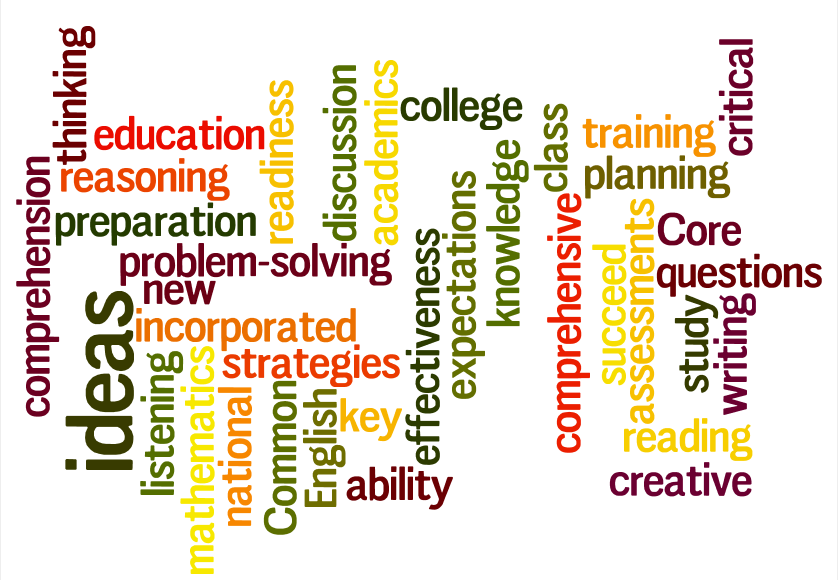Debunking the Myth of Common Core
January 19, 2015
When you hear the phrase “Common Core” you probably associate it with the thought of “that new math system” that neither you nor your friends like. The common myths of it that you might be thinking include the idea that students are no longer assigned math homework and tests are only what matters to pass a given class. Well, this article is here to debunk these common misconceptions and more (just try to keep up).
According to Corestandards.org, “the Common Core is a set of high-quality academic standards in mathematics and English language arts/literacy” with “learning goals that outline what a student should know and be able to do at the end of each grade.” Basically, Common Core is a new set of standards for the math and English departments. This means that kids in New York and Texas are working on the same set of standards in math and English classes as students in California (Yes, really).
Though, unlike other schools, the CCHS math department instruction now follows a set of research presented by Loyola Marymount University (LMU) which is aligned with but not synonymous with the Common Core. The new math program basically emphasizes what math skills are most significant and how students can master them, and how to assess what the students have learned. This does not mean in any way that teachers no longer assign math homework (no matter how much I wish); it is just that homework is no longer part of a student’s official grade.
As stated by math teacher Jerod Dien, the goal of Common Core for math is to “see math as a tool that you can use.” He sums up the Common Core Standards as a “national standard of teaching that a majority of states follow.”
What does Dien think of the standards and LMU research? Well, “it all depends on what you want to do with math. It’s better than the old system of math where students only needed to plug in an answer to an equation and solve. But, this new system is part of a process.” He thinks there are some flaws in the system that teachers are trying to straighten out, such as getting all teachers on par with each other in terms of how the standards should be taught.
Common Core was not only limited to math, but English too. The standards for English, much like for math, deal with similar goals for its department. On the other end of the spectrum, English teacher Penny Schulte thinks “the new standards have allowed us to home in on a smaller number of really important skills that students will need to master in order to succeed beyond high school.” She goes on to discuss the English standards: “In English there is much more emphasis on nonfiction reading, so teachers are supplementing the literature with articles, essays, and books to bring in that nonfiction element. There is a big focus on listening to others’ ideas and building off of them. Students are also even being asked to evaluate others’ arguments in writing.”


















































































